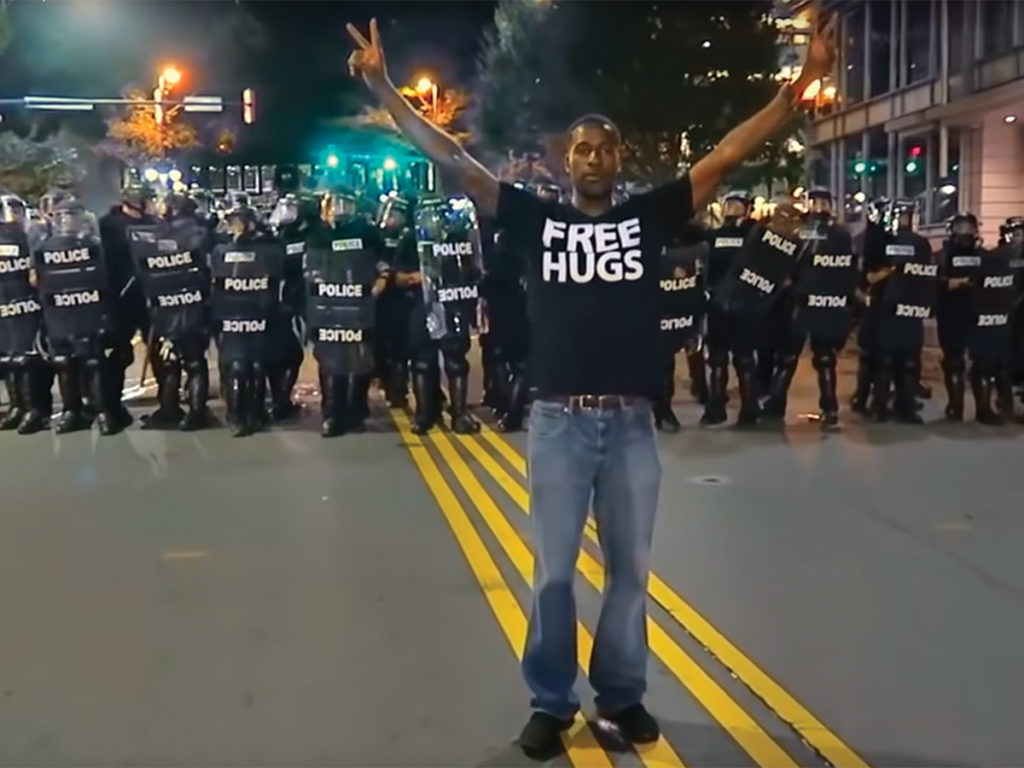
The Super Bowl has come and gone again, which means the average American sat around and watched roughly two hours of advertisements from some of the biggest corporations in America; that is, the corporations that could afford the $5 million price tag of a 30 second spot during the big game. While sports fans languish or rejoice over the winner of the big game, families might find themselves a little emotionally tapped for another reason. Super Bowl advertisements often have very serious messages that comment on politics, family, motivation, love and many other topics that may be very personal to the viewer. Unfortunately, the cynical truth is that those companies aren’t genuine in their promotion of their cause or message. There is only one thing they care about: sales.
A recent example of this ethos-rich marketing is the 2020 Budweiser Super Bowl ad. In the advertisement, a voiceover describing stereotypes of the American temperament is juxtaposed against video of Americans doing kind, selfless things for one another and describes these actions as “typical American” behavior. Then comes the pitch: Budweiser is described as the “typical American” beer. So as the viewer is shown images of people helping the homeless and returning soldiers surprising family members, they are told to channel their emotions into purchasing Budweiser. Whether one is crying or cringing, they are probably wishing Budweiser had just made a funny ad like Tide did. Instead, the viewer is left in a state of emotional exsanguination over a beer commercial.
The insincerity of the ad is compounded by the fact that the advertisers clearly didn’t do their research when compiling the clips they used. At the 37-second mark in Budweiser’s one-minute TV spot, a black teenager is shown giving hugs to police officers at a protest, donned with a t-shirt reading “free hugs.” The teenager depicted is Devonte Hart, who was known for tearfully embracing a police officer in the aftermath of the acquittal of the Fergusson, Missouri cop who murdered Michael Brown. What many don’t know, however, is that Hart was only in such a situation because his criminally abusive adoptive white mothers made him. His mothers would later drive him and his siblings off a cliff, killing all 6 occupants of the vehicle.
Another ad that falls short in its genuine passion for a cause is Nike’s 2018 ad with Colin Kaepernick. The ad features clips of famous individuals who had an unlikely origin for their success. It called on people, despite their qualms or obstacles, to achieve. In the last few seconds, Kaepernick appears on screen and tells the viewer, “Believe in something, even if it means sacrificing everything.”
The slogan Kaepernick uses is an allusion to the protest he conducted while quarterback for the San Francisco 49ers. He would kneel during the national anthem at every game in protest of police killings and brutality of black individuals. The protest found national attention and Kaepernick was condemned by “patriots” who saw his actions as disrespectful to service members, despite the form of the protest being suggested by a teammate of Kaepernick’s who had served. These abusers were chiefly members of the Republican party, egged on by Donald Trump’s own chastisement of the football player. This is what makes Nike’s feel-good ad and their partnership with Kapernick so hollow: 76% of Nike’s political contributions that year went to the Republican party. Nike’s ad pretends to support Kaepernick’s protest and message while bankrolling those who fiercely opposed him and were responsible for his resignation from the NFL.
In short, corporations are not morally upright entities. Their alignment is always to their best interest and their largest profits. Any perceived alignment to a cause in their advertising is merely another trick employed by clever marketers to manipulate the consumer. Viewers would be wise to see through the facade.








